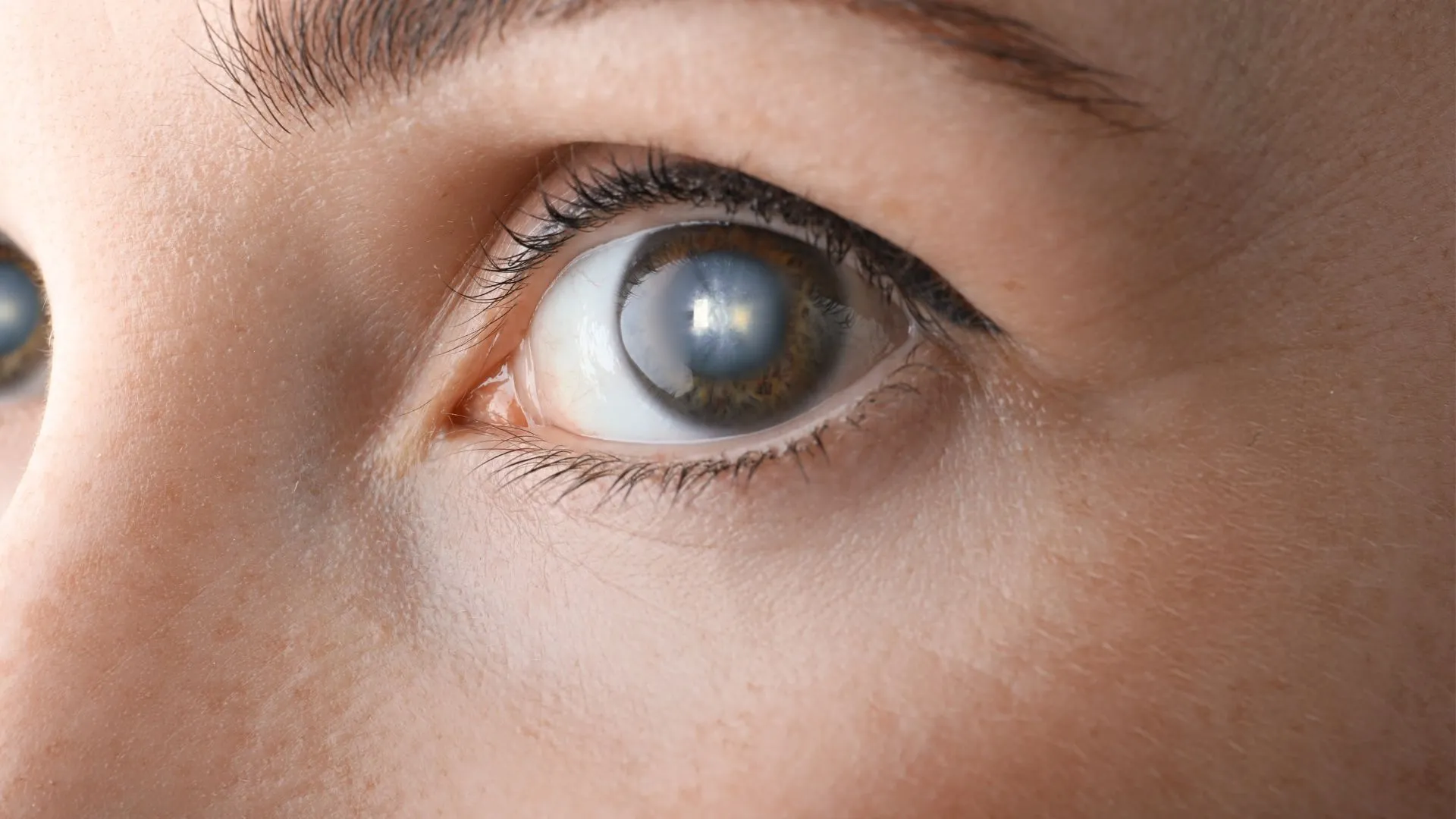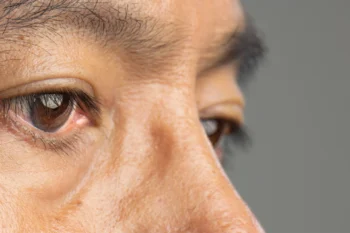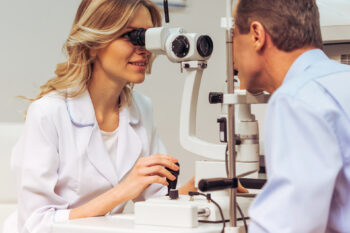Cataracts can silently creep up on you, as their slow-growing nature causes slight changes in your vision that are easy to miss; especially for those with already impaired vision. It’s when one’s vision significantly deteriorates that many begin to wonder what’s going on and look into the warning signs of cataracts. Now, while cataracts are often associated with aging, it’s important to not dismiss their possibility as they can develop at any time and can have a serious impact on your quality of life.
What Does It Mean to Have Cataracts?
The Signs for Detecting Cataracts Early
Recognizing the warning signs of cataracts is essential for early detection and timely treatment. While not every person will have the same symptoms, the following are good warning signs to heed if you’re on the lookout for cataracts:
1. Blurred Vision.
One of the first symptoms that tend to show is vision that becomes cloudy, foggy, or filmy. If it seems like you’re fighting to see through a mist or fog, or your vision is grainy like an old movie, then make a note of this and bring it to your optometrist’s attention.
2. Sensitivity to Brightly Lit Environments.
If turning on a bright light has you swiftly and sheepishly turning away because it either hurts or feels uncomfortable or because you need to squint just to see, then this is the next warning sign of cataracts.
3. You See Double.
Do you find yourself in doubt about what you’re seeing and taking a double take just to verify that the object you’re looking at is where you thought it was? You might be experiencing a mild form of double vision.
4. Colors Begin to Fade or Are Yellow.
If colors are fading for you, or they have a noticeable yellow tinge around them, you might be developing a cataract.
5. Seeing At Night Is An Issue.
Another warning sign of cataracts is if nighttime driving becomes a struggle because of the low-light environment.
6. Halos Appear Around Lights.
If light sources have suddenly gained circles around them, you might be seeing halos which are caused by light diffracting (breaking) through your cataract.
7. Your Vision Prescription Changes Frequently.
While it’s normal to have your prescription change from year to year, if the change is more frequent or there’s a large discrepancy in vision strength, then this is another warning sign of cataracts.
8. You Need All The Light For Reading.
Small text, or reading in a dimly lit room may prove too difficult, as the clouding of your eyes blocks most of the light you need to see.
9. Faces Become Harder to Discern.
While it’s not common for many of us to take note of how well we can see someone else’s face, as it’s just a natural part of our ability to see, if you’ve noticed that faces become harder to distinguish at a distance, this could be due to a decline in your visual acuity.
10. There’s An Increase in Short-Sightedness.
Another warning sign of cataracts is an unexplained increase in short-sightedness, often mistaken for a normal change in vision.
When Should You Seek Medical Attention For Cataracts?
If any of the warning signs of cataracts are popping up in your day-to-day activities, then you should book in for a comprehensive eye examination to have your vision evaluated. The earlier you get diagnosed, the higher the chance of preserving your vision.





